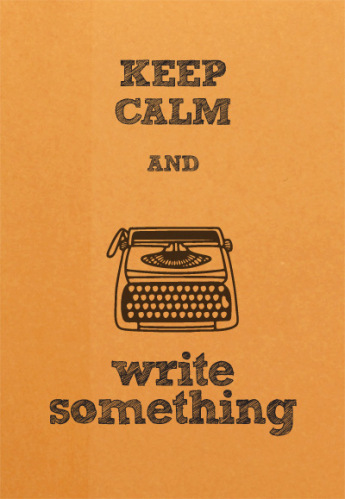At the beginning of the semester, I asked you to look at your relationship with the Internet and new media. You wrote about your earliest memories online, including a literacy narrative. Now, you’re working on your final project: a website that remediates that narrative.
We’ve discussed how to use the rhetorical situation with new media, how new media lends itself to different modes of communication, among a host of other topics. You’ve also learned how to build your own new media projects. As a class, you went above and beyond for your group projects, creating extensive media campaigns for your causes.
For your post this week, look back at your first blog post(s). What’s changed? What surprised you about new media? What have you done this semester that impresses you? What would you still like to learn or work on? What do you plan on doing with new media after the class? Have fun with this one!

#thankyouforagreatsemester
 While riding on the train from London to Cardiff, Sherlock Holmes fans Steven Moffat and Mark Gatiss decided to adapt the Arthur Conan Doyle stories into a television series. BBC’s Sherlock doesn’t just recreate the stories, but reimagines them for the 21st century.
While riding on the train from London to Cardiff, Sherlock Holmes fans Steven Moffat and Mark Gatiss decided to adapt the Arthur Conan Doyle stories into a television series. BBC’s Sherlock doesn’t just recreate the stories, but reimagines them for the 21st century. At the beginning of the semester, I asked you to tell us about your experience with creative writing. You, of course, all had required reading in school. We’ve all read poems, stories, and personal essays but, as you’ve learned, writing them is a completely different experience.
At the beginning of the semester, I asked you to tell us about your experience with creative writing. You, of course, all had required reading in school. We’ve all read poems, stories, and personal essays but, as you’ve learned, writing them is a completely different experience. We’ve discussed how new media brings with it new expectations for writing. No matter what the medium, understanding the rhetorical situation is crucial to effective communication. Good writing begins with audience and purpose. Who are you writing for and why? Genre and context are also important. Are you trying to convince your audience, inform them, tell them a story? What are the social or cultural implications? New media, though, brings in a new element to the rhetorical situation–delivery. Right now, Jay Bolter argues, “our literate culture is using the computer to refashion the printed book, which as the most recent dominate technology, is the most open to challenge” (23). A process he calls “remediation.”
We’ve discussed how new media brings with it new expectations for writing. No matter what the medium, understanding the rhetorical situation is crucial to effective communication. Good writing begins with audience and purpose. Who are you writing for and why? Genre and context are also important. Are you trying to convince your audience, inform them, tell them a story? What are the social or cultural implications? New media, though, brings in a new element to the rhetorical situation–delivery. Right now, Jay Bolter argues, “our literate culture is using the computer to refashion the printed book, which as the most recent dominate technology, is the most open to challenge” (23). A process he calls “remediation.”